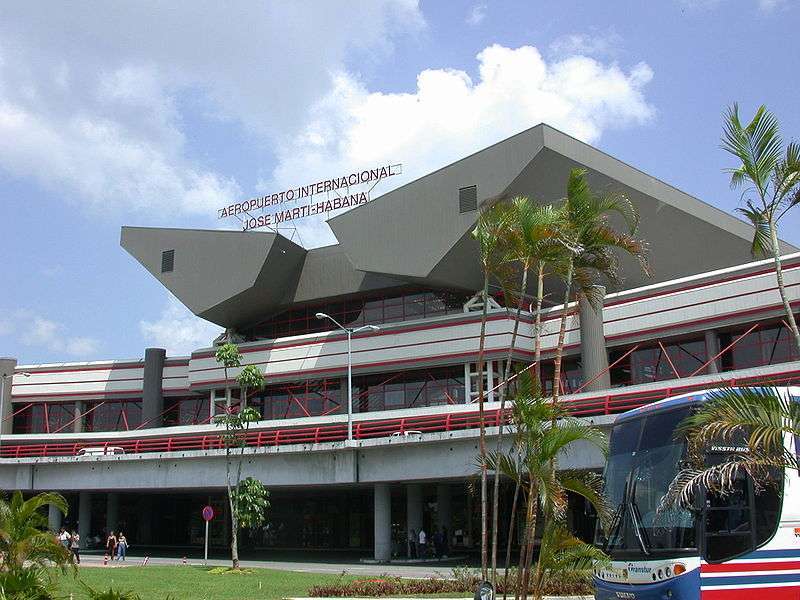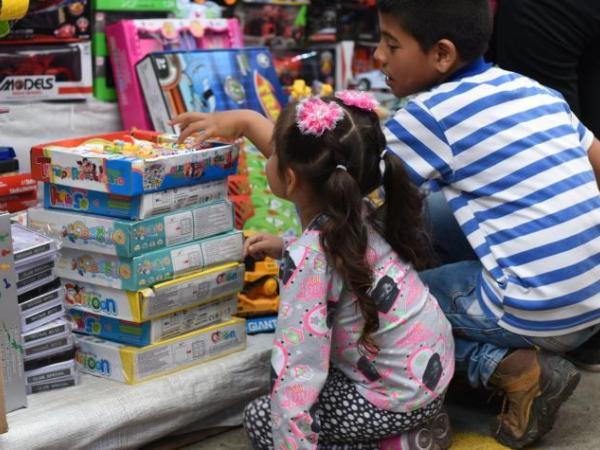The new sponsorship program for possible migrants to the United States, which after Venezuelans now includes Cubans, Nicaraguans and Haitians, is a network of rules to which close attention must be paid so as not to slow down the process or make mistakes.
This new program was created last October, but at that time it only benefited citizens of Venezuela. With the current changes, the Biden administration seeks to allow up to 30,000 immigrants each month from the four countries to live and work in the United States for two years.
The sponsor
One of the things that the sponsor should show It consists of having the necessary financial resources to guarantee the stay of the sponsored person or persons.
The most important thing is to demonstrate a minimum annual income level of 125% above the federal poverty level, depending on the number of members your family has. In the case of active military, when they sponsor a spouse or children, the income requirement is 100% above that level.
The economic base or solvency of the sponsor is certified/demonstrated in several ways: first, with their most recent tax return; second with a letter from your employing entity consigning the salary earned in 2021-2022 and the time in which you work in it; and third, your financial capacity, presenting the certification of the amount of your bank account and the date it was opened.
In other words, the beneficiaries participating in the program cannot constitute a burden on the Government.
Have a pending immigration case not affects eligibility to apply to the program.
The United States includes Cuba in the program of humanitarian permits for migrants
the beneficiary
You must meet the following requirements:
Be a national of Cuba, Haiti, Nicaragua or Venezuela.
Have a US-based sponsor who has filed a Form I-134A in your name and other evidence of your income. Anyone with legal status in the United States, whether they are a US citizen, permanent resident, or have a temporary protected status, asylum, or special temporary visa, can function as such.
Possess a current and valid passport for international travel. Certified extensions of passport validity serve to meet this requirement.
Undergo and pass required verifications and investigations.
Comply with immunization and public health requirements or certify that you are eligible for an exemption from them.
Who does not qualify for this new program parole?
In addition to persons who have attempted to enter the United States illegally and were returned to Cuba, reasons for rejection include, but are not limited to, the following:
Failure to pass the national security and public safety background investigation or if it is deemed not to warrant a favorable exercise of discretion. This aspect is very important because even if an immigration permit is received, the last word remains with the immigration officials at the airports.
Have received an order of removal from the United States within the previous five years or be subject to a bar of inadmissibility based on a prior removal order.
Having crossed irregularly into the United States after the date the program was announced (for Venezuelans, after October 19, 2022; for Cubans, Haitians, and Nicaraguans, after January 9, 2023).
Having crossed the Mexican or Panamanian border irregularly after the program announcement date (for Venezuelans, after October 19, 2022; for Cubans, Haitians, and Nicaraguans, after January 9, 2023).
Be under 18 years of age and not travel accompanied by a parent or legal guardian.
Be a permanent resident or have dual nationality of any other country or refugee status in any other country.
What information does the beneficiary have to present in Cuba?
If USCIS approves the Form I-134A submitted by the sponsor, the beneficiary will receive an email from that federal agency with specific instructions on the next steps in the process. As part of the requirements of this phase, the Cuban beneficiary must provide the following information:
A certification of understanding of the family relationship requirements for children under the age of 18. A certification that you have completed the immunization requirements or are eligible for an exception to the immunization requirements.
Upon arrival in the United States, the beneficiary will be inspected and processed at the airport. If everything is in order, you will be given a parole for two years to legally remain in the United States.
With this parole You can apply for a work permit. In the case of Cubans, after a year and one day they can apply for residency due to the Cuban Adjustment Act.
What happens if the sponsor is not approved?
If USCIS determines that the sponsor does not meet the necessary requirements, it will send a notification email to both parties.
If you disagree with the decision, the sponsor may submit another Form I-134A with additional information certifying your ability to financially support the beneficiary.
Another sponsor can file a Form I-134A to request to be the support person for a beneficiary who has not received authorization due to the lack of qualification of its original sponsor or sponsors.















